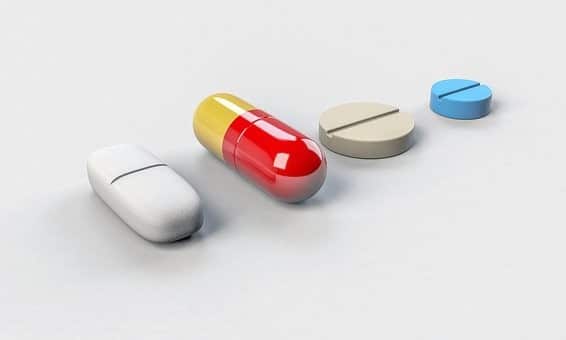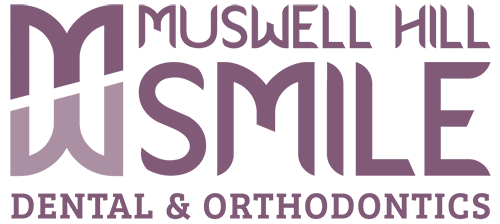
Saliva is a watery fluid, secreted into the mouth by the salivary glands.
Saliva is a vital first step in the digestion of food. Saliva not only keeps your mouth wet, it also helps prevent tooth decay and control bacteria, viruses and fungi in the mouth. Without enough saliva, you may not only develop tooth decay (cavities), you may also develop mouth sores or infections.
Dry mouth happens to all of us at some times, especially when we’re nervous, upset or stressed.
Dry mouth may be a side effect of many prescription and non prescription medicines. There are over many medications that can create the dry mouth as a side effect.
These drugs affect the saliva’s quantity and possibly quality, but usually the problem is temporary or reversible.
The most common types of medications that can cause dry mouth include:
Antihypertensive Drugs, Urinary Incontinence Drugs, Antipsychotic Drugs, Antibiotics, Antihistamines, Antidiarrheal / Gastric Medications, Bronchodilators, Pain Medications and Diuretics
If dry mouth is a result of your medication, you can ask your doctor to switch your medication to something else. If that isn’t recommended, here are some tips to help alleviate dry mouth symptoms:
- Ask your doctor or dentist about using an artificial saliva product.
- Skip or cut down on alcohol, caffeinated liquid, and tobacco because they contribute to a dry mouth.
- Drink water or a sugarless drink while eating to make swallowing and chewing easier.
- Suck on sugar free sweets or chewing gum to promote saliva production.
- Avoid salty and spicy foods, which can cause pain to an already dry mouth.
- Use a humidifier at night.
You need also to see your dentist for a regular check-up to evaluate your mouth health and treat any decay that can occur because of the dry mouth.




